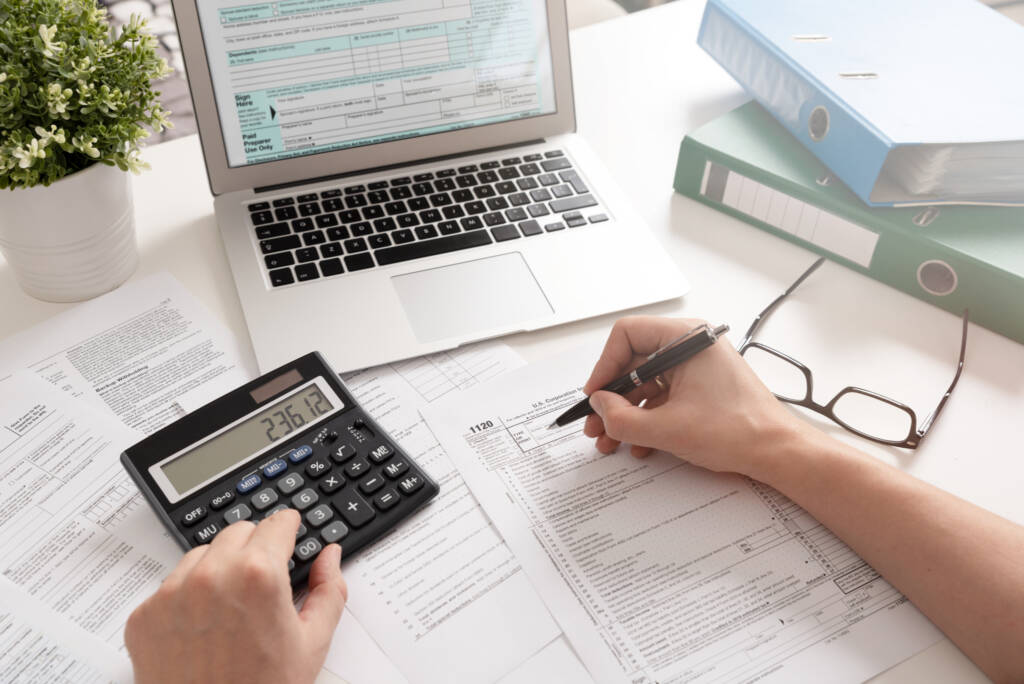Canada’s ‘COVID-19 Economic Response Plan’ has provided millions with financial relief throughout 2020. But it may be providing everyone with some extra work come tax time. With that in mind, what changes should we expect to see for BC, and federal taxes?
COVID-19 Relief Measures Will Have a Big Impact on Your Taxes
If you applied for the ‘Canadian Emergency Revenue Benefit’ (CERB), the ‘Canada Relief Benefit’ (CRB), the ‘Canada Emergency Rent Subsidy’ (CERS), or the ‘Canada Emergency Wage Subsidy’ (CEWS), you will be required to pay taxes on the amount you received.
Therefore, having a plan to pay back any money you may have received from the economic response plan is extremely important. Even if you are jobless, you may still owe money to the government. Here are a few of the most common relief measures that may affect your taxes.
Canadian Emergency Response Benefit:
Those who applied for and received CERB payments will have to add them as income along with their other taxable income. Depending on your province and total income, those who received CERB payments should expect to pay upwards of fifteen percent personal tax for their entire income.
Canadian Relief Benefit:
While the CRB withholds ten percent of the one thousand dollars they provide bi-weekly, that does not take care of taxes entirely for CRB payments. The CRA has been keeping track of what you have received and will be sending you a T4A in the new year. This will outline any income you have received from the CRB and what you must declare as income.
Canada Emergency Revenue Subsidy:
For businesses that needed a physical store, the ‘Canada Emergency Revenue Subsidy’ was a blessing. Its subsidized property expenses for businesses and gave them time to recover. However, the money received must be included in the taxable income for a business’s tax return. Therefore, you may need to pay extra tax this year.
Canada Emergency Wage Subsidy:
The ‘Canada Emergency Wage Subsidy’ helps businesses keep their employees by subsidizing part of the wages. However, the amount that a business received through CEWS is also taxable and must be included in a business’s annual rate of income.
Other Tax Changes for BC Citizens and Businesses
Homeowners in BC may also be feeling a bit of a squeeze soon. Municipalities across the province have been considering increasing property taxes to balance out local budgets. In Vancouver for instance, the property tax may be increasing by as much as five percent.
For business owners, you may be eligible for certain tax credits from the BC government. For example, the ‘B.C. Increased Employment Incentive’ is a tax credit for companies who have provided new jobs or increased employee wages during the previous quarter.
Handling your taxes this year may be a lot more complicated than in previous years. If you have received benefits from the CRA this year as part of its ‘Covid-19 Economic Response Plan’, it would be a good idea to see a CPA as soon as possible. They can help you understand any extra taxes you may have to pay. They may also be able to find eligible tax credits to lessen payments.
If you have any questions about this article or GST, in general, or you want to make an appointment with an accounting professional at Naicker & Associates, please contact us at (604) 469-9369. We are based in Port Moody, BC.



